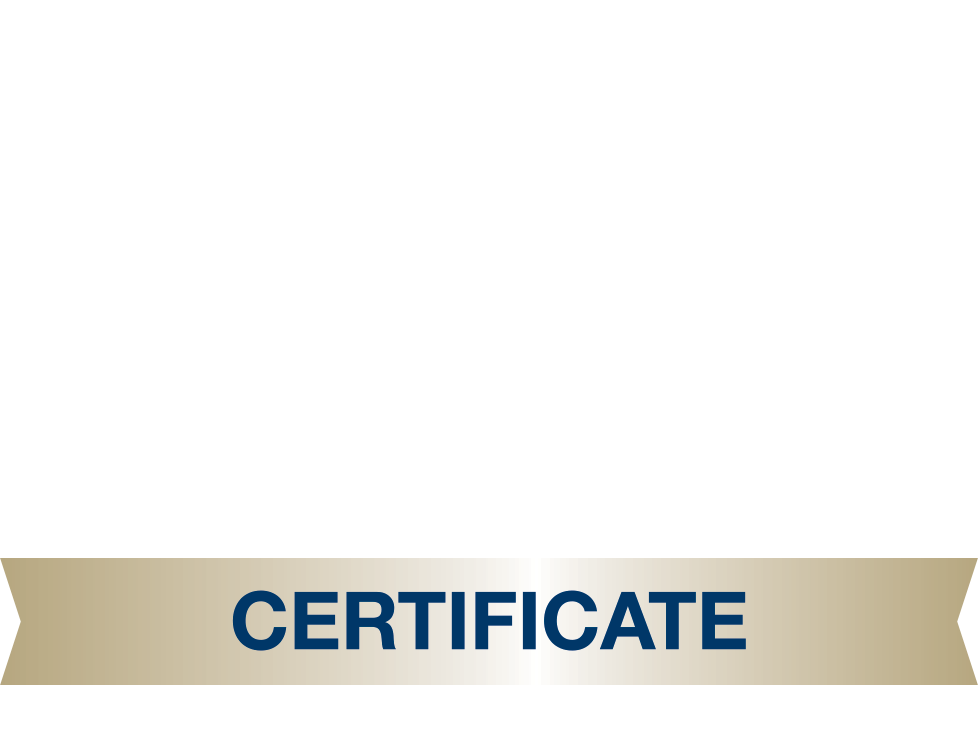
If you find yourself with a traditional IRA account for your retirement, it can occasionally be useful to convert your account to a Roth IRA. The key difference between these accounts is that a traditional IRA is taxed when it is withdrawn, whereas a Roth IRA is taxed before the money is put into the account.[1] Because the Roth IRA offers you tax-free withdrawal, the strategy of converting a traditional IRA to a Roth IRA might be worth considering. So much of retirement planning is about managing your tax burden, and this might be a technique that can help you to optimize for the best tax situation. Every individual is different, but let’s take a look at why someone might consider this strategy.
Many people assume that because they will no longer be working, their income bracket will be lower when they retire. This can be true, but it isn’t always the case. Because a traditional IRA withdrawal will be taxed at your income rate, it’s very important to have a good sense of what tax bracket you might be in during the years you withdraw from a traditional retirement account.[1]
If your tax bracket during your late retirement years will be close to the same as your working years (or even higher in some cases), then a Roth conversion might be something you should consider. As a hypothetical strategy, you might move some of the money in your traditional account to a Roth account during the early years of your retirement when you are not withdrawing Social Security and are not burdened with RMDs. The idea is that while your income is lower, you can take the tax hit for converting some of your funds to a Roth IRA. Then, your funds could grow without having to worry about paying taxes when you withdraw. Again, this strategy is not good for every situation. There are a lot of factors to consider when making this kind of financial move.
Your timeline of retirement planning is filled with complexities and strategies like this one. They might be great for you, or they might be suboptimal – but it really depends on your situation. If you are looking for someone to help guide you through the process of designing a personalized retirement plan, feel free to reach out to us today for a complimentary review of your situation.
[1] https://www.kiplinger.com/retirement/benefits-of-roth-ira-conversions-early-in-retirement





